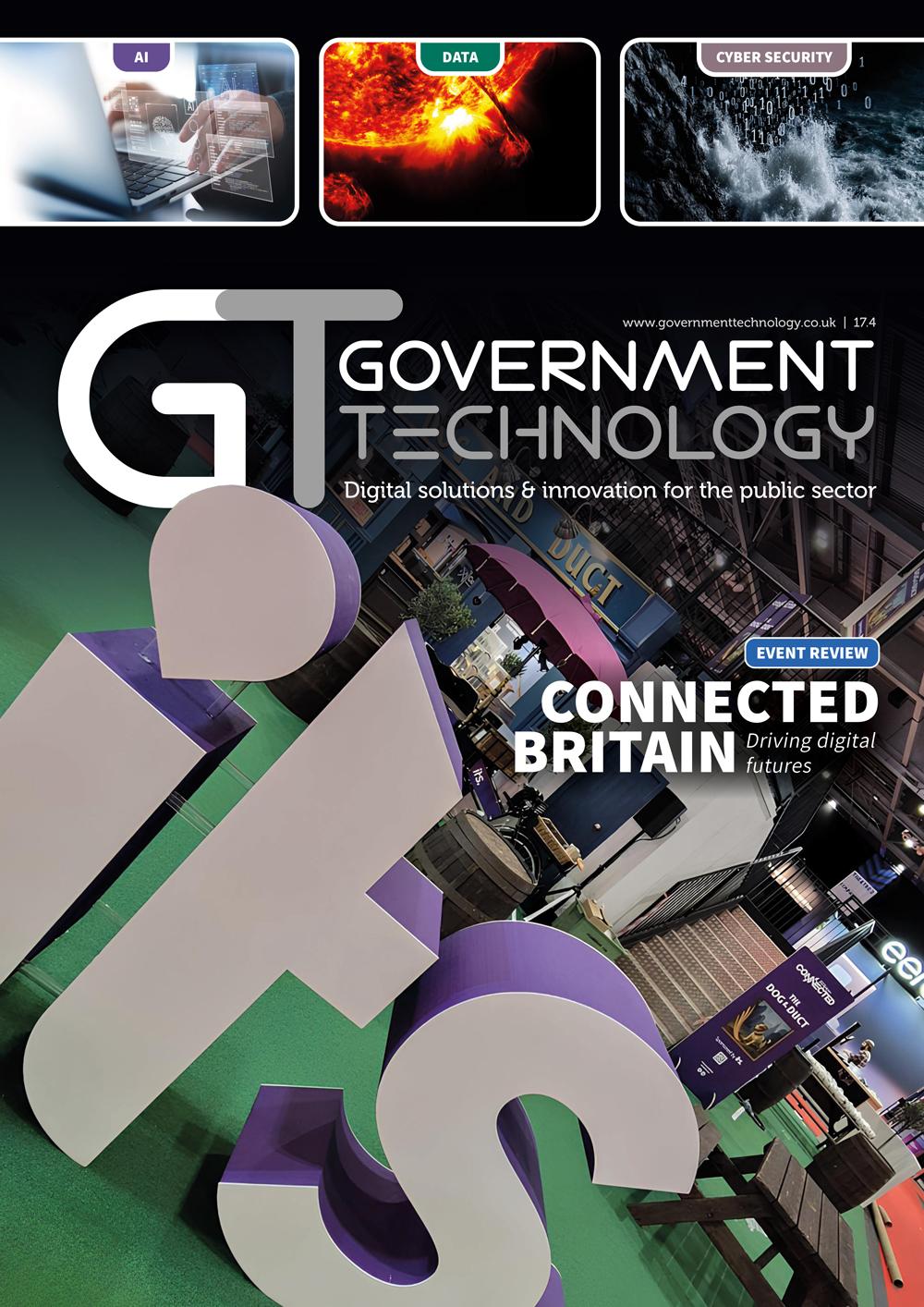Baroness Nicola Blackwood has been appointed as Chair of the Health Data Research Service (HDRS).
The HDRS is backed by up to £600 million in funding from the Government and Wellcome.
Baroness Nicola Blackwood is Chair of Oxford University Innovation and Genomics England, and also serves on the boards of biotechnology company BioNTech and investment fund RTW Biotech Opportunities.
The HDRS will enable access for researchers and innovators to health and care data across the UK, by cutting red tape and providing a secure single access point to national-scale datasets.
It is hoped the service will streamline the process while at the same time, upholding rigorous safeguards for data security, privacy and ethical oversight, enabling approved researchers to accelerate the discovery of new treatments that will improve patient care.
Health Innovation Minister Zubir Ahmed said: "As a practising surgeon, I know how important it is for patients to receive the latest treatment quickly and safely. I am delighted to announce Baroness Blackwood’s appointment, who will play an important role in helping us build an NHS fit for the future.
"By unlocking the power of NHS data safely and securely, we will accelerate lifesaving research that will deliver better treatments for patients faster. This is about harnessing the incredible potential of our health service’s data to drive medical breakthroughs, while maintaining gold-standard protections for patient privacy.
"Baroness Blackwood’s proven leadership in life sciences and innovation will be instrumental in making Britain the best place in the world for medical research."
Science Minister Lord Vallance said: "Baroness Blackwood has significant experience in life sciences and health innovation. Her leadership will be crucial as the Health Data Research Service gets underway.
"For too long, researchers and the healthcare system itself have faced unnecessary delays and difficulties accessing the health data they need to develop new treatments or help improve services for patients. This groundbreaking service will change this - streamlining access whilst maintaining rigorous safeguards for patient data. This means faster development of new medicines and therapies and better care for patients."

